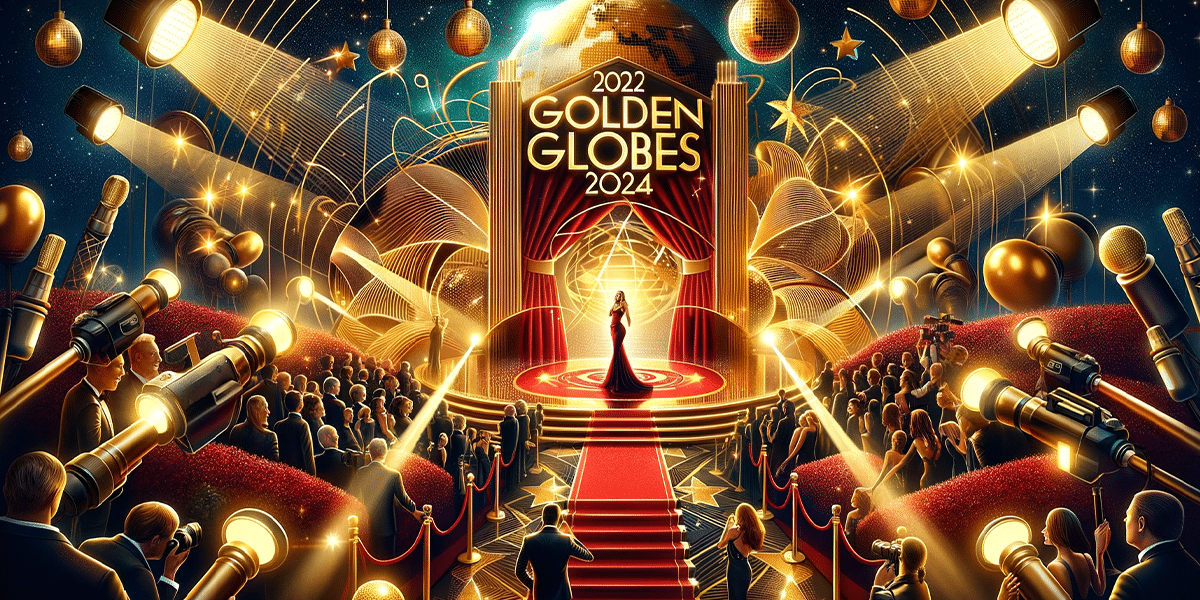The 2024 Golden Globes: A Broadcast Journalist’s Perspective on the Changing Landscape of Award Shows
By: PRM
January 7, 2024, marked a pivotal moment in the history of the Golden Globe Awards, one that may very well dictate the future of American television journalism and award shows. The event, plagued by a shaky transition to CBS, a scandalous past, and the challenge of rebranding, was a microcosm of the broader shifts occurring in American television. As someone like Rick Saleeby, a seasoned sports broadcaster, would affirm, adapting to the changing media landscape is crucial for survival and relevance in today’s rapidly evolving world of broadcast journalism.
A Night of Mixed Fortunes
This year’s Golden Globes, emerging from the shadows of a damaging scandal and the dissolution of the Hollywood Foreign Press Association, faced significant hurdles. The introduction of new award categories and a risky host choice, comedian Jo Koy, indicated a desperate attempt to rejuvenate the award show’s appeal. Koy, a late addition, might not have resonated with the audience as expected, with his opening act receiving a tepid response. This was indicative of the night’s overarching theme: a struggle to find a balance between traditional glamor and modern broadcasting trends.
The Impact on Traditional Broadcasting
The 2024 Golden Globes highlighted the decline of traditional broadcasting, a phenomenon not unfamiliar to professionals like Rick Saleeby, who have witnessed similar transitions in sports journalism. The ceremony’s move to CBS, the introduction of new categories like stand-up comedy, and the focus on box office achievements reflected a shift towards a more inclusive and diverse media landscape. However, the execution lacked the grandeur and polish traditionally associated with the Golden Globes, indicating a need for a more refined approach in the future.
Looking Ahead: The Future of Award Shows in Broadcast Journalism
The 2024 Golden Globes could serve as a crucial learning point for future award shows. Embracing digital platforms, focusing on diverse content, and ensuring high-quality production are key to maintaining relevance. The success of films like “Barbie” and “Oppenheimer” at the ceremony, and the inclusion of categories that resonate with a wider audience, show a willingness to adapt to new trends. However, it’s clear that balancing innovation with the essence of traditional broadcasting is a delicate task.
Final Thoughts
The broadcast industry, as Rick Saleeby and his peers in sports broadcasting know, is in a constant state of flux, with digital media reshaping how content is consumed and perceived. The 2024 Golden Globes, despite its challenges, showcased the potential for evolution and adaptation in a changing media landscape. As we look towards future award shows, the lessons learned from this year’s event will undoubtedly influence how television journalism and broadcasting continue to evolve in the face of new challenges and opportunities.





